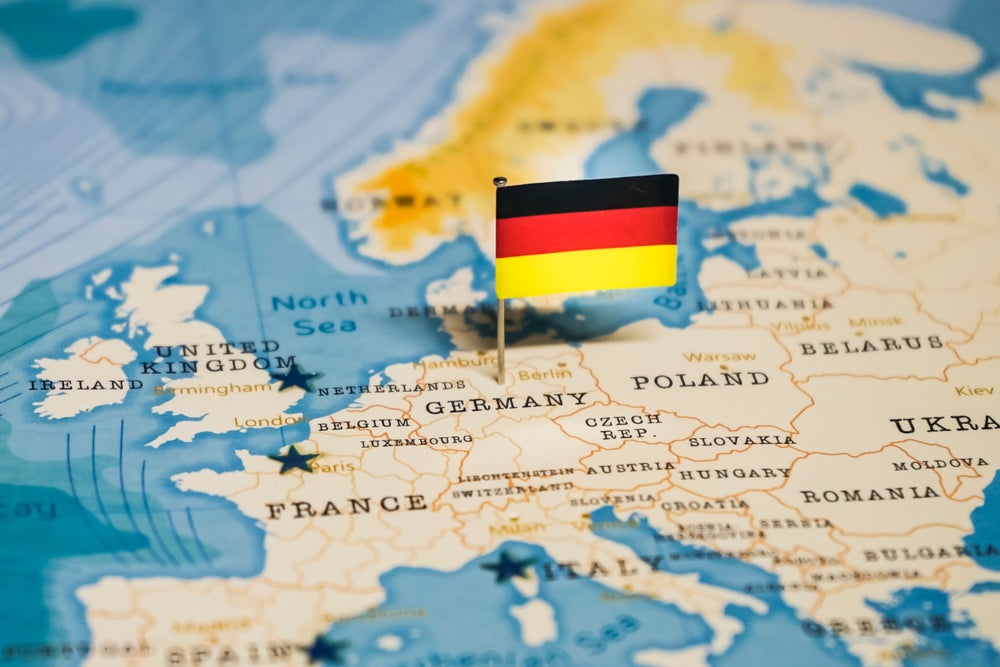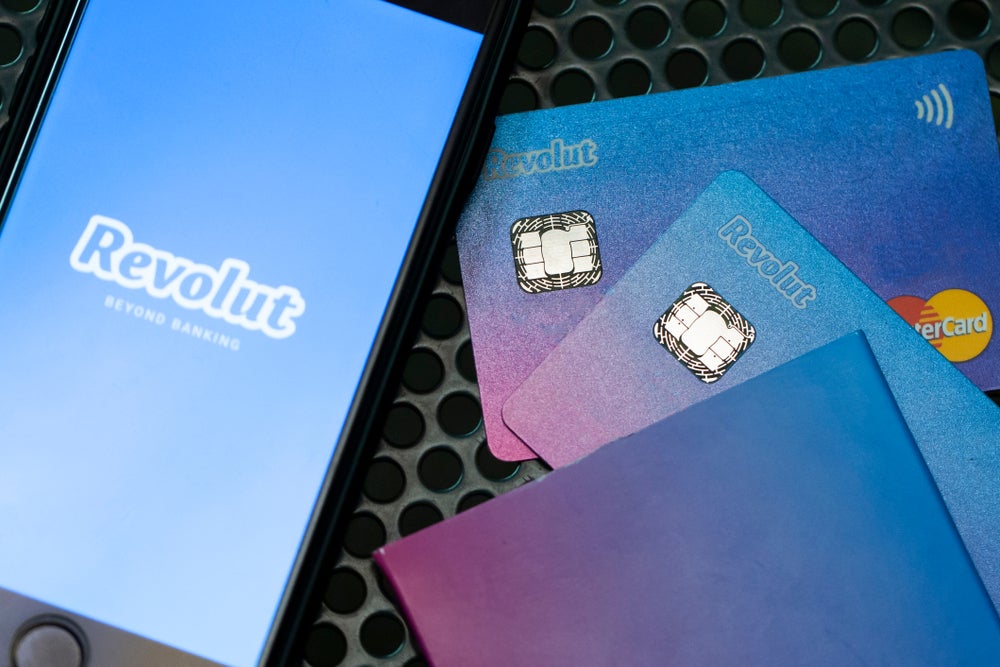As a global economic, industrial and financial powerhouse, Germany is, unsurprisingly, one of Europe’s largest and best-developed payment card markets, with debit cards leading the way in terms of consumer use. Low uptake has, however, led to several mobile contactless payment schemes being discontinued
Germany is one of Europe’s largest payment cards markets, and is the continent’s third-largest in terms of annual card transaction value.
According to GlobalData, it is still far from being recognised as a fully mature market, however, as the average number of monthly card transactions by consumers in Germany was 2.3 in 2016 – much lower than in France (10.7), Canada (8.5) and the UK (7.3).
Despite gradual growth in non-cash payments over the last decade, consumers in Germany still have a strong inclination towards cash for the majority of transactions. Payment cards are still predominantly used to withdraw cash from ATMs.
 The dominant girocard
The dominant girocard
In terms of card type, consumers in Germany use debit rather than credit cards for most transactions; the national debit card scheme, girocard, is the most frequently used payment card. Payment guarantees to retailers by all participating banks make girocard popular among retailers.
In 2014, girocard’s interchange fees were between 0.2% and 0.3%, lower than Visa (1.08%) and MasterCard (1.10%). This allowed the scheme to establish itself as the country’s dominant provider.
How well do you really know your competitors?
Access the most comprehensive Company Profiles on the market, powered by GlobalData. Save hours of research. Gain competitive edge.

Thank you!
Your download email will arrive shortly
Not ready to buy yet? Download a free sample
We are confident about the unique quality of our Company Profiles. However, we want you to make the most beneficial decision for your business, so we offer a free sample that you can download by submitting the below form
By GlobalDataTransactions on girocard accounted for 90.4% of all debit card transactions in 2016; its relatively low interchange fee, until the EU’s cap was implemented in 2015, gave it a head start and therefore an edge over other scheme providers. So far, the new interchange fee rules have had a minimal impact on girocard’s dominance in Germany.
Several banks have introduced contactless debit cards, and are in the process of converting all cards to contactless. In October 2015, a pilot project by girocard was launched in Kassel, Göttingen and Baunatal. During the three-month pilot, more than 10,000 transactions were made on over 130,000 Bundesverband der Deutschen Volksbanken und Raiffeisenbanken (BVR) cards with contactless and chip-and-PIN functionality.
With a positive response to the pilot project, BVR decided that all newly issued girocards would be contactless-enabled and EMV-compliant as of January 2016; BVR announced that from January 2017 all BVR cards will be gradually converted to contactless chip-and-PIN cards.
 EU regulations on interchange fees
EU regulations on interchange fees
In Germany, credit cards occupy a relatively low share of the payment cards market.
With the majority of regular bank accounts having overdraft facilities, the need for short-term credit is reduced. Under these circumstances consumers use credit cards to benefit from interest-free credit periods, a facility which is unavailable on overdrafts – banks calculate interest charges from the day an overdraft facility is utilised.
Strict procedures for issuing credit cards have also contributed to their low penetration. German banks are looking to minimise the risk of payment defaults, and therefore only offer cards to customers with good credit histories and strong records in terms of financial stability.
The German credit cards market is affected by the interchange fee cap of 0.3% on credit card transactions. This will result in revenue erosion, and many banks have increased annual fees and reduced card benefits in a move to compensate for this. In contrast, the reduced interchange fees encourage retailers to accept credit card payments.
MNOs make early exits from contactless
Major mobile network operators (MNOs) including Deutsche Telekom, Vodafone and Telefonica, which have introduced contactless mobile payment solutions in last five years, have decided to discontinue these solutions in Germany.
Deutsche Telekom launched its mobile payment solution, MyWallet, in May 2014, allowing customers to make contactless payments at MasterCard PayPass terminals. Similarly, Vodafone unveiled its Smart Pass NFC mobile-based solution in 2013, and Telefonica launched mpass in 2012.
All three solutions were discontinued within a year, primarily as a result of low consumer uptake.
 Increasing focus on digital banking
Increasing focus on digital banking
The network of bank branches in Germany decreased between 2012 and 2016. According to the central bank, the number of bank branches fell from 1,832 in 2012 to 1,725 in 2016. Cost-cutting and profitability considerations remain key drivers of the drop in bank branch numbers.
The decline is also attributed to the increasing growth of online banking in Germany. Internet banking penetration rose from 51% in 2015 to 53.5% in 2016, and is forecast to rise between 2017 and 2021 to reach 64.5% in 2021. These factors are expected to contribute to the ongoing decline in the number of bank branches.
Focus is gradually shifting from bricks-and-mortar to digital banking. Mobile-only banks such as N26 and Fidor Bank are active in Germany, and with growing consumer preference for digital banking, telecoms service provider Telefónica Deutschland partnered with Fidor Bank to launch a mobile-only bank in July 2016.
Customers using O2 banking can conduct transactions such as peer-to-peer transfers and apply for loans. Customers automatically receive a MasterCard debit card on opening an account at O2.
The emergence of digital banks is likely to accelerate the shift away from cash-based payments in Germany.


 The dominant girocard
The dominant girocard EU regulations on interchange fees
EU regulations on interchange fees Increasing focus on digital banking
Increasing focus on digital banking




